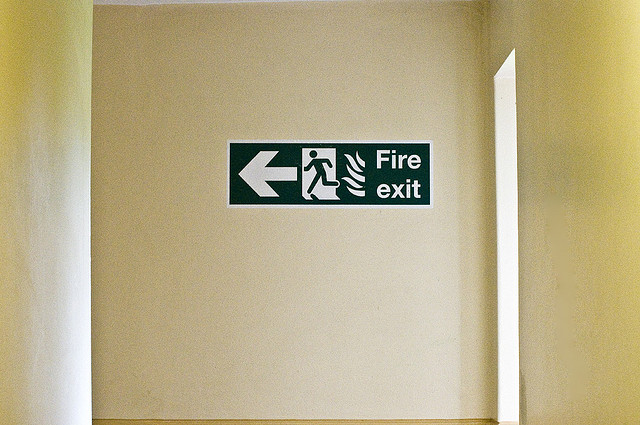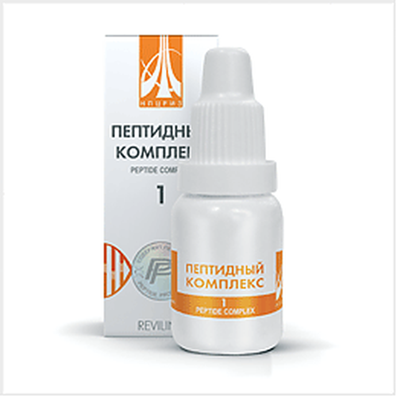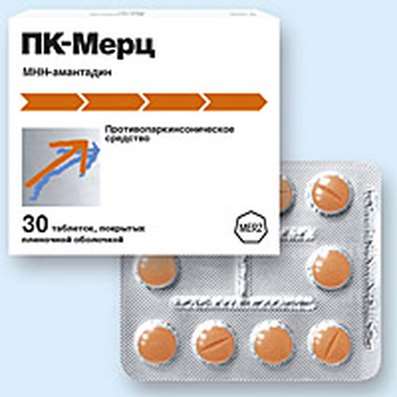FAQ: The physiology of Stress
03 Nov 2016
7 facts about the impact of stress and negative emotions on the human body
The founder of the doctrine of the stress was Canadian Hans Selye, who found that the action of many different stimuli on the body there is a universal response that increases the body's ability to respond effectively in conditions that require increasing resources to cope with the circumstances.

We call some of these universal mechanisms: the activation sympathoadrenal mechanisms, the release of adrenal hormones (hormone adrenaline stress), the response from the immune system, changes in metabolism. These universal reaction to improve the body's ability to respond in terms of adverse effects.
- 1.Domestic physiologists first pointed out that the concept of Hans Selye insufficiently identified a very important detail that reveals the many aspects of emotional stress. This detail - the reaction of the nervous system which, in essence, is conducting the other systems of the body. In other words, it has proved the leading role in the organization of the nervous system stress response. Hans Selye said about stress as a nonspecific adaptation syndrome in response to exposure to a variety of the body. This effect may be high or low temperature, toxins, and so on. We are today compelled to talk more about the emotional stress. Here, the leading cause of stress is an emotional reason, associated with long-term dissatisfaction of some vital needs. Stress occurs on the basis of the relationship of the subject to the environment that surrounds it.
- 2.Some people associate the word "stress" with something negative. It is not right. The fact is that the stress in its first phase - the stage of alarm - exacerbates susceptibility of the organism. In the second stage - the stage of voltage - leads to a marked increase in the resources of the organism. The body in this way modifies their livelihoods, that is able to achieve far greater results than before. For example, there was a case when a boulder climber bore down, and climber rescued from death, he could move it. The boulder - a few tons, a climber would have never been able to do it in a normal state.
- The third stage of stress, according to Hans Selye, - a stage of exhaustion. If a person does not control his emotional state, he can "" slide "in this phase. And eventually the body, as well as any mechanism wears out, if not in time to lubricate, to repair, not to twist Gadget. There are those diseases that are associated with stress. That is, the stress - this is not clearly positive or clearly negative reaction.
- 3.The next question is how to manage stress. And what are the opportunities to live in the adaptive phase (eustress). Today, being able to technically and information loaded space, we simply do not have other options, if you do not go into the forest or in the village. How to be in this situation? And you need to manage, because each person has their own body functions, regulation units, which are the most sensitive and are broken in the first place with such emotional overload. To reduce your stress you can with the help of such drugs: Phenibut, Picamilon, Selank and Afobazol.
- Each person is useful to know which systems it has weaknesses. Someone may be a system of regulation of blood pressure, someone - stomach, intestines. There resistant people who have a long time there are no violations. But still, if negative emotions are constant features may eventually break.
- How to define "weak places of the body"? And history, and the history of life, and the state of health of relatives can suggest how the body will function. Now you can make screening a patient genetic data and get a transcript of the probability of predisposition to a variety of diseases.
- 4.How can a person live in conditions of stress, to manage this stress, getting even fun sometimes from this stress - and in general, to achieve more?
- It is necessary to touch upon such important physiological concept as a dynamic stereotype, according to academician and Nobel Prize winner Ivan Petrovich Pavlov.
- Pavlov defined as a sequence of dynamic stereotype of conditioned reflexes that develop in response to some stimulus acting. At the same time, these conditioned reflexes are played out automatically, without the active participation of our consciousness. A simple example. You go to work and think at this point, how you will have a good weekend, as you drank coffee last night with a friend. At the same time you repeat exactly the trajectory of the way, how do each day, turn right, turn left, entrance ... And here, as in the famous film: The house was not the same, it just looks like you want us to. Dynamic stereotype at this point comes to its not quite, perhaps the optimal completion.
- We have a huge number of dynamic stereotypes that affect emotional response habits. It is not always optimal dynamic stereotypes. Anyway, it is very useful to observe them and are very useful to assess their feasibility. How others react to the way we behave? Sometimes we think that we are doing the right thing, all right talking and surrounding - fools and take offense at us, is not it? These dynamic patterns can be monitored our consciousness. Cerebral cortex, which, according to the concept of the American researcher Paul MacLean, is the most recent acquisition of modern mammals, provides significant opportunities for conscious control "blind force of the subcortex '(as Pavlov wrote) and allows you to achieve high performance for changing emotional behavior patterns . Unfortunately, few people consistently think about it, and most rational does not change its dynamic stereotypes.
- 5.Our body is a perfect of its kind system, which is adapted to life in almost any environment, and adapts very well. Why, then, have these failures of this adaptation? For example, consider the regulation of blood pressure. The fact that there is a functional system that maintains the blood pressure at an optimum level for the vital activity: 120 and 70, 120 and 80 - in large vessels. But so many people suffer failures in the operation of this system. This leads to high blood pressure, heart attack, stroke. And it is useful to recall that the main cause of mortality in the world - diseases of the circulatory system. The fact that the system works perfectly in a balanced natural environment - and for some reason refuses to work in a modern society. The main reason - the same emotional stress.
- 6.In the body there are numerous sensors, which determine the value of the vital parameters. For example, there are baroreceptors determining the blood pressure value. Their function is to inform the centers of the brain about the size of the blood pressure at the moment. Is it possible to increase blood pressure in a natural environment? Of course. Exercise, the proximity of a predator, and so on. But these occasional rises in blood pressure. They are of short duration. Immediately included depressor mechanisms that reduce blood pressure. What happens if the body for a long time in a state of emotional tension? Logically, the pressure increases for a long time, and thus there is an adaptation of baroreceptors. Those same sensors that are in our vessels accustomed to the high value of the blood pressure values. Just as your thermoreceptors get used to, if you get a hot shower - will at first seem hot, but then get used. And the problem is that if a person has been long raised blood pressure, and baroreceptors are adapted, then the person can relax as long as you want, but baroreceptors not restore its function, they will remain immune to high blood pressure. We can provide excellent patient pills and reduce the pressure, but it will be the duration of medication, and the pressure will rise. Now there is a delicate medical techniques that allow you to restore coronary blood flow, but the number of cardiovascular disease is still increasing steadily.
- What counteracts stress influences? Positive emotions - this is the best remedy against all stress. It is necessary to achieve positive emotions in life, to find them. Incidentally, it is assumed that the centers of positive brain than negative.
- 7.In conclusion, we try to bring the "formula" healthy and happy life. It is useful to consider three points. The first - is to satisfy basic physiological needs. It is eating, sleeping, comfortable temperature, physical activity, metabolic needs. Second - is the presence of satisfaction in family life. A very important factor - the presence of a loved one, and his loss is felt very heavy. And the third - it is dosed success in those areas of life that the person considers relevant for themselves. Not so sure to reach some super success, but it is not always possible. Therefore, it is necessary to appreciate all their achievements: the success of a person is badly needed, is formed on the health of its base.

 Cart
Cart





